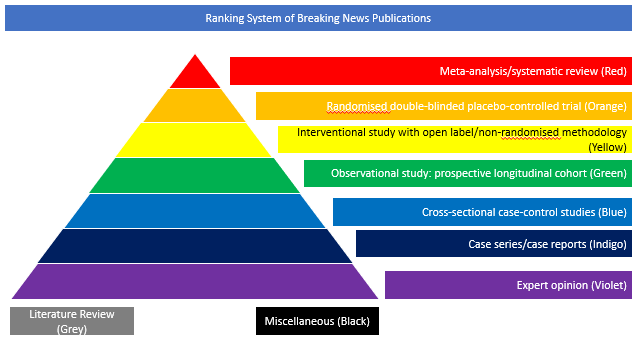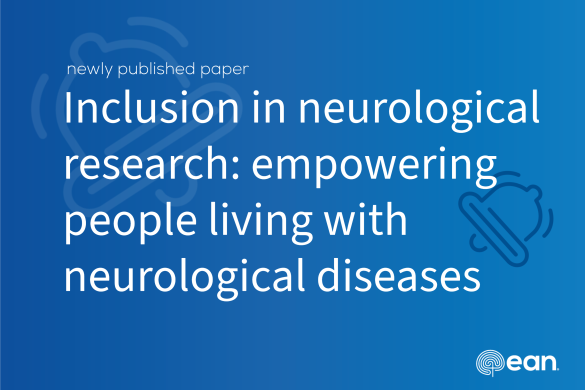Literature Review (Grey)
The outbreak of the SARS-CoV-2 pandemic with a previously unknown infectious agent posed unprecedented challenges to health care systems and unmasked their vulnerability and limitations worldwide. Patients with long-term immunomodulatory/suppressive therapies, as well as their physicians, were and are concerned about balancing the risk of infection and disease-modifying effects. Over the last few months, knowledge regarding SARS-CoV-2 has been growing tremendously, as well as the first experiences of infections in MS patients. This review summarises the currently still limited knowledge about SARS-Cov-2 immunology and the commonly agreed mode of action of approved drugs in immune-mediated diseases of the central nervous system (MS and neuromyelitis optica spectrum disorder). Specifically, the authors discuss whether immunosuppressive/-modulatory drugs may increase the risk of SARS-CoV-2 infection and, on the other hand, may decrease the severity of COVID-19 disease course. At present, it can be recommended in general that none of these therapies with a definite indication needs to be stopped per se. A possibly increased risk of infection for most medications is accompanied by the possibility to reduce the severity of COVID-19. The authors concluded that, despite the knowledge gained over the last few months, current evidence remains limited, and, thus, further clinical vigilance and systematic documentation is mandatory.
DOI: 10.1111/ene.14578











